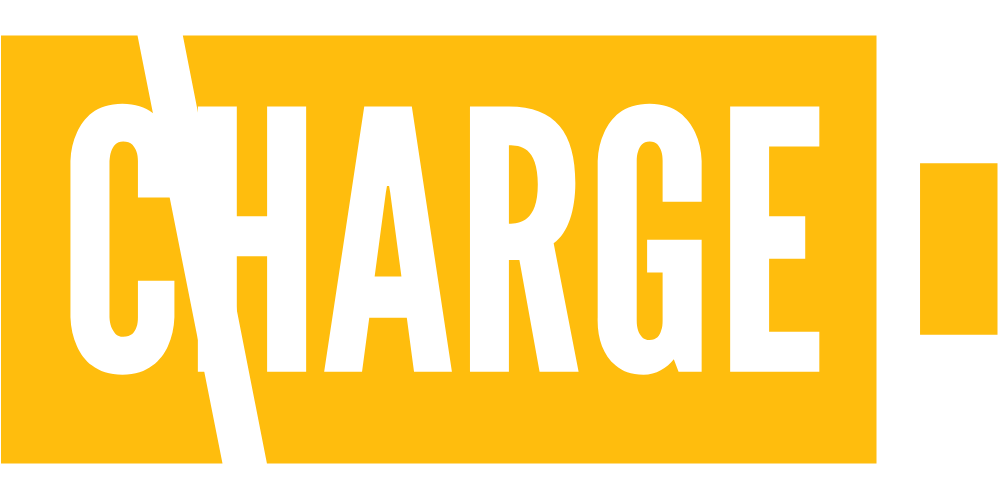
How do we spend billions of federal clean transportation investments?
CHARGE report delivers transportation electrification inspiration.
The report by the CHARGE Coalition shows recent federal investments are essential down payments in a more equitable, cleaner, healthier, and more affordable transportation future.
Looking at these funds through the CHARGE Coalition’s principles reveals the need to ensure all investments work together to deliver fast benefits to communities suffering the most from high fuel prices and pollution. CHARGE Coalition members from major transportation stakeholder groups from across the country contributed to and reviewed the report.
Read the full report for case studies and examples of initiatives deserving of federal support and that can serve as national models. The report concludes with a survey of additional topics to consider in electrifying our transportation system, including the rise of micromobility – e-bikes, scooters, and myriad other battery-powered devices – and the need to make significant investments in our electric grid.
Public transit: Suggestions to reduce carbon emissions from transit while improving service along with air quality. Increasing public transit investments into operations, e-fleets, reliability, maintenance facilities, and workforce development will increase the number of transit riders using this low-carbon transportation option.
Electric vehicle charging infrastructure: Recommendations to ensure our emerging charging network is developed to be seamless and efficient, supports all types of mobility, is located strategically, and effectively serves people in multi-unit dwellings as well as stand-alone houses, as well as car-share, rental and business fleets.
Medium- and heavy-duty vehicles: Opportunities to spur the conversion of our most polluting vehicles to zero emissions, reducing carbon while sparing the health of all Americans, especially for low-income and communities of color that are disproportionately harmed by air pollution from diesel-powered vehicles.
The report focuses on three arenas where federal policy and investment can ensure that the benefits of clean transportation will improve the health and economic well-being of the largest number of people.




